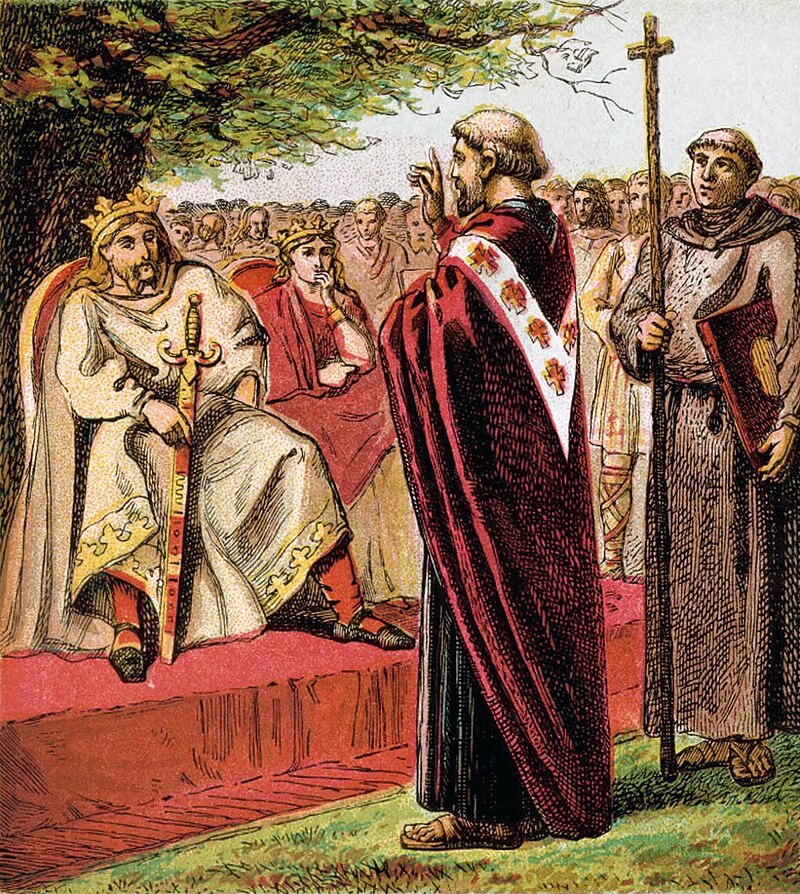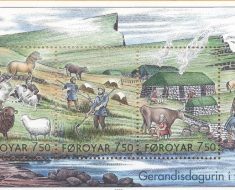Something I’ve always wondered is why the Victorians and, indeed, artists up until the 1950s, often portrayed historical figures as if they were from their own era.

Well..I think I have the answer!
The Victorian era was heavily influenced by Romanticism, a cultural movement that emphasised idealism, emotion, and a glorified view of the past.
Historical figures were frequently depicted not for their true appearance or historical context but as idealised versions that fit into the Victorian worldview.
For Victorians, the past was something to be admired and romanticised, rather than understood in its full complexity. The Victorians were also very focused on establishing a sense of national pride and continuity.
By portraying figures from England’s past in a way that aligned with their own values and ideals, they reinforced the notion that the Victorian era was the pinnacle of British history and civilisation.

During the 19th and early 20th centuries, the tools and methods for historical research and archaeological study were not as advanced as they are today.
This meant many historical events and figures were often depicted with limited knowledge of their actual historical context. Artists, writers, and even historians sometimes lacked access to accurate records, leading them to fill in the gaps with their own interpretations, often projecting the values, costumes, and aesthetic preferences of their own time onto figures from the past.
Before the development of modern archaeology and historical research methods, much of what was known about earlier periods…especially the medieval and ancient eras…was based on literature and oral traditions, which were often idealised or mythologised.

By the time the 1950s came around, historical research had become much more accurate, thanks to archaeological discoveries, historical texts, and advances in science.
A shift toward more realistic portrayals of historical figures began as modernism gained traction, but earlier depictions still often reflected the romanticised views of the past established in earlier centuries. So now you know!






